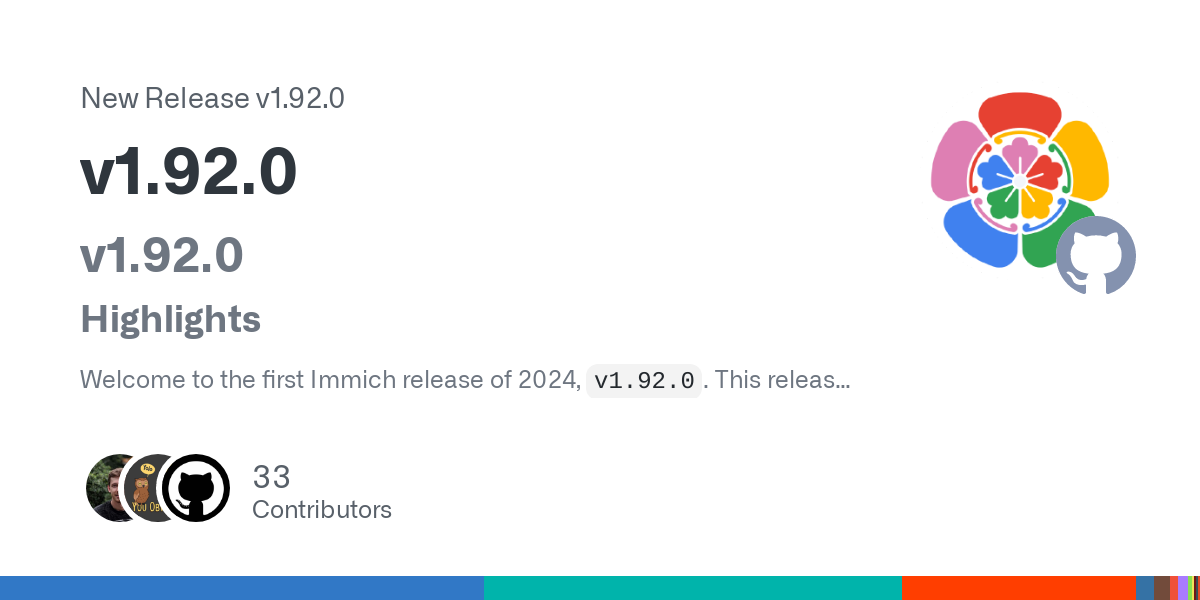It’s a stupid phrase that only works here by chance
Administrator of thelemmy.club
Nerd, truck driver, and kinda creeped that you’re reading this.
- 28 Posts
- 2.11K Comments

 13·17 hours ago
13·17 hours agoIt’s been a decade since Trump won the presidency and we’re still on the same path
I have a OnePlus Nord N10 5G I picked up to play with Ubuntu Touch.
Now that VoLTE works I can actually make and receive calls which makes it nearly usable.
I wish RCS could work but that may be out of their hands. Group texts (MMS) don’t work either unfortunately.
It’s close to usable but still not ready for me personally.
I did contribute to Ubuntu Touch though by adding Colemak keyboard layout support and they accepted my pull request :D
…you couldn’t tell time before 9?

 4·2 days ago
4·2 days agoBootloader is unlockable. Battery probably going to be average we’ll have to wait for a teardown.
storage to be decent
256GB plus microSD
Comet
Comet’s not really a phone though is it? I mean it looks like it might be able to get cellular. But I have a secondary device I test a Linux phone OS on and for me it’s just not ready.

 8·2 days ago
8·2 days agoTheir cameras are upper midrange, at least on their flagships.

 2·2 days ago
2·2 days agoI dunno something weird is going on with that it looks like a link to the article in my client

 6·2 days ago
6·2 days agoIt makes it more of a challenge but there have absolutely been a few Mediatek ROMs. Example: https://www.xda-developers.com/redmi-note-8-pro-custom-development-lineageos-17-1-google-camera-port-pixel-experience/

 12·2 days ago
12·2 days ago“dumb” phones are trendy so they lean into it. It’s marketing. This phone should be less convenient to doomscroll say, TikTok on.
Personally that’s not why I’m interested

 32·2 days ago
32·2 days agoUhhh… That is the link of the post though?


 14·2 days ago
14·2 days agoNo. The company makes one of those too however they are making the Clicks Communicator which IS an Android phone.

 92·2 days ago
92·2 days agoUnfortunately Graphene has an insanely specific set of requirements and basically are only interested in Pixels or devices that are built from the ground up for it.

 10·3 days ago
10·3 days agoI mean a data center barge or one in Antarctica would do much the same and be wildly cheaper and (relatively) more practical.
One of the main devs of Lemmy? Seems like the only way to get it included as a default theme…
Awesome! Maybe a merge request for @[email protected] when it’s all pretty and ready?
Well anyone else in your instance will see it regardless, anyway.
Yep. A quite nice one IMO. There are a couple themes preloaded in Lemmy. You can change them in your profile settings.
That’s awesome. I wonder if that theme is custom or if it’s available anywhere? @[email protected]

















Wait I can’t count that high can we visualize it with how many schools you can shoot up with those?